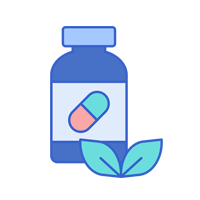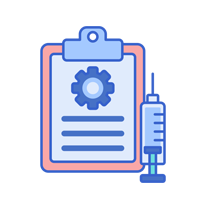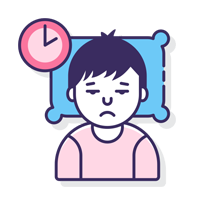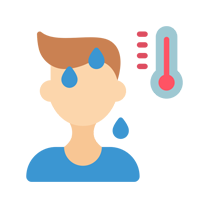c o m i n g s o o n !

Integrative medicine
is a holistic approach to healthcare that combines conventional Western medical treatments with alternative and complementary therapies. The goal is to treat the whole person—body, mind, and spirit—rather than just focusing on specific symptoms or illnesses

Pediatric integrative medicine
is a holistic approach to healthcare for children that combines conventional pediatric care with evidence-based complementary and alternative therapies. The focus is on treating the whole child—addressing not only physical symptoms but also emotional, mental, and social well-being. This approach emphasizes personalized care, supporting the child's unique needs and fostering long-term health and wellness.
Key areas of focus in pediatric integrative medicine include

Whole-child care
Considering the physical, emotional, developmental, and environmental factors affecting a child's health.

Prevention and wellness
Emphasizing healthy lifestyle habits, balanced nutrition, physical activity, stress management, and emotional well-being.

Family involvement
Engaging parents and caregivers in the treatment plan and decision-making process, promoting a supportive home environment for the child's health.

Collaborative care
Integrating conventional medical treatments (like medications and therapies) with complementary approaches, such as nutrition, acupuncture, mindfulness practices, and herbal medicine.

Chronic condition management
Providing support for chronic conditions like asthma, ADHD, eczema, and pain management, with a focus on reducing symptoms and improving overall quality of life.
Pediatric integrative medicine aims to enhance a child’s overall health, strengthen their immune system, and provide supportive care for both acute and chronic conditions in a comprehensive, non-invasive manner.


